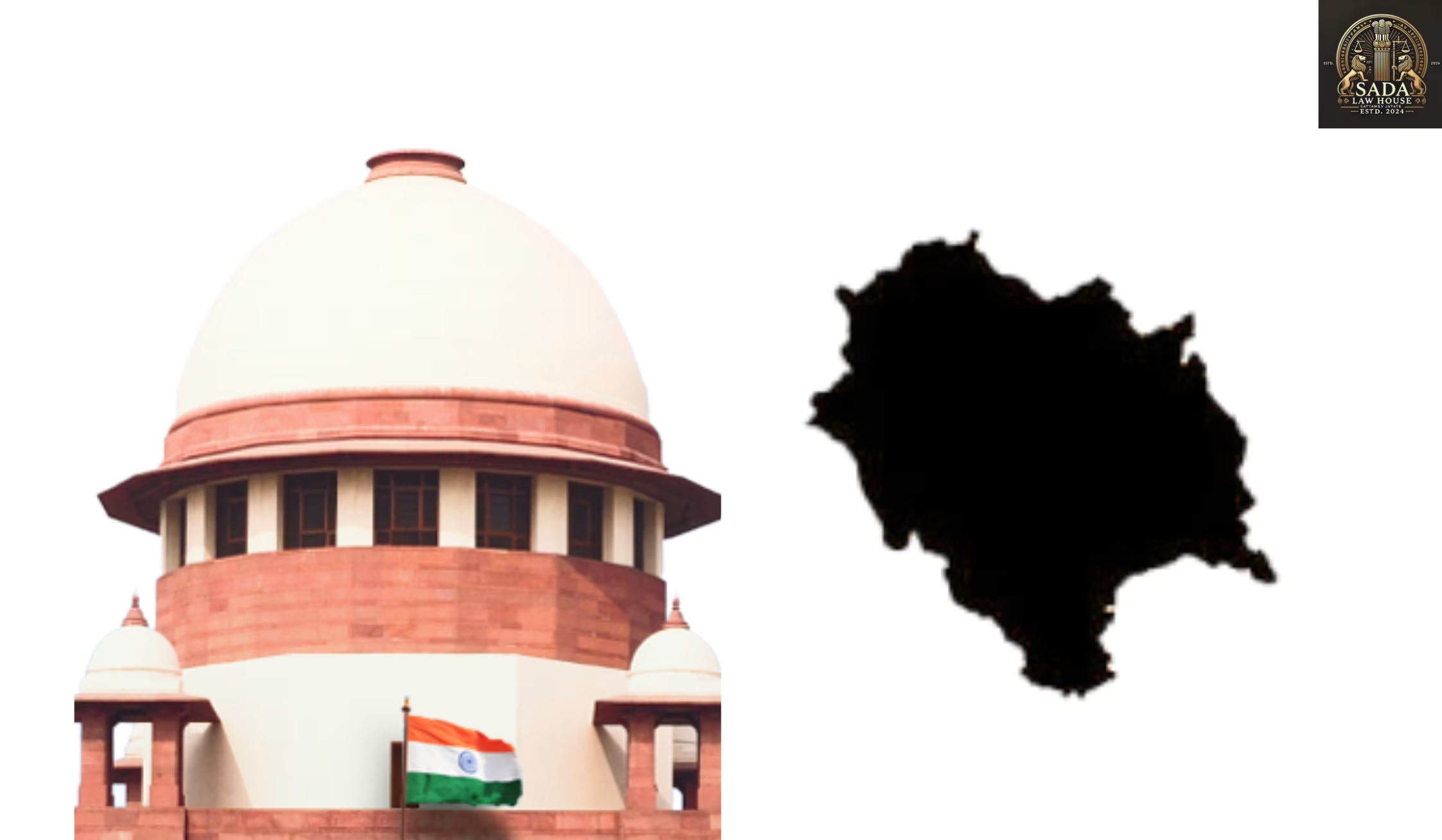Supreme Court Backs Himachal Pradesh’s Claim to Higher Hydropower Royalties
- Kashish Jahan
- 19 JULY 2025

The Supreme Court has ruled in favor of Himachal Pradesh, restoring 18% royalty from JSW Energy’s hydropower project. This landmark verdict secures state revenue and sets a powerful precedent for resource-sharing agreements in India.
Supreme Court’s Landmark Verdict: A Victory for State Revenue Rights
In a major win for Himachal Pradesh, the Supreme Court of India has ruled that the state is entitled to an 18% royalty from the Karcham–Wangtoo Hydropower Project, overriding the 12% cap previously defended by JSW Energy. The verdict reinforces the terms of a 1999 agreement and is expected to significantly boost the state’s revenue.
Background: The Royalty Dispute Unfolds
The core issue stemmed from a 1999 power-sharing agreement that mandated:
12% royalty for the first 12 years of operations
A rise to 18% royalty thereafter
However, in 2023, JSW Energy refused to implement the hike, arguing that the 12% cap should remain in place indefinitely. This led to a legal standoff that impacted the state’s fiscal health.
Himachal’s Fiscal Future Looks Brighter
Chief Minister Sukhvinder Singh Sukhu welcomed the verdict, calling it a “significant boost” to the hill state’s economy. With tourism and horticulture revenues fluctuating due to climate and market factors, the court’s decision brings stability.
Financial Impact:
₹150 crore in immediate annual revenue gain
₹250 crore more annually if similar verdicts are passed on other projects
These funds can be redirected to essential infrastructure and welfare schemes.
Legal and Economic Precedent for Other States
Senior advocate Kapil Sibal, who represented the Himachal government, noted that the ruling reinforces the legal sanctity of resource-sharing contracts. This sets a precedent for other Indian states seeking equitable terms from private developers utilizing local resources like rivers, forests, and mineral reserves.
Implications for India’s Hydropower Sector
This judgment sends a strong signal to the hydropower industry. Experts believe it will encourage:
Contractual clarity in public-private partnerships
Review of outdated agreements by private players
Risk reassessment in large-scale infrastructure investments
Citizens stand to benefit as increased state earnings could fund development in roads, education, healthcare, and rural electrification.
What’s Next for Himachal Pradesh?
The state is now focused on:
Recovering arrears from JSW Energy
Ensuring timely payments of future royalties
Auditing other hydropower contracts for similar discrepancies
This bold move may inspire other Himalayan states—like Uttarakhand and Sikkim—to demand fair compensation for the exploitation of their natural resources.
Conclusion: Strengthening State Autonomy in Resource Management
The Supreme Court’s judgment is not just a legal win but a political and financial milestone. It empowers states to enforce contractual obligations and protect their economic sovereignty in the face of corporate interests. This ruling has the potential to reshape India’s federal approach to natural resource governance.






